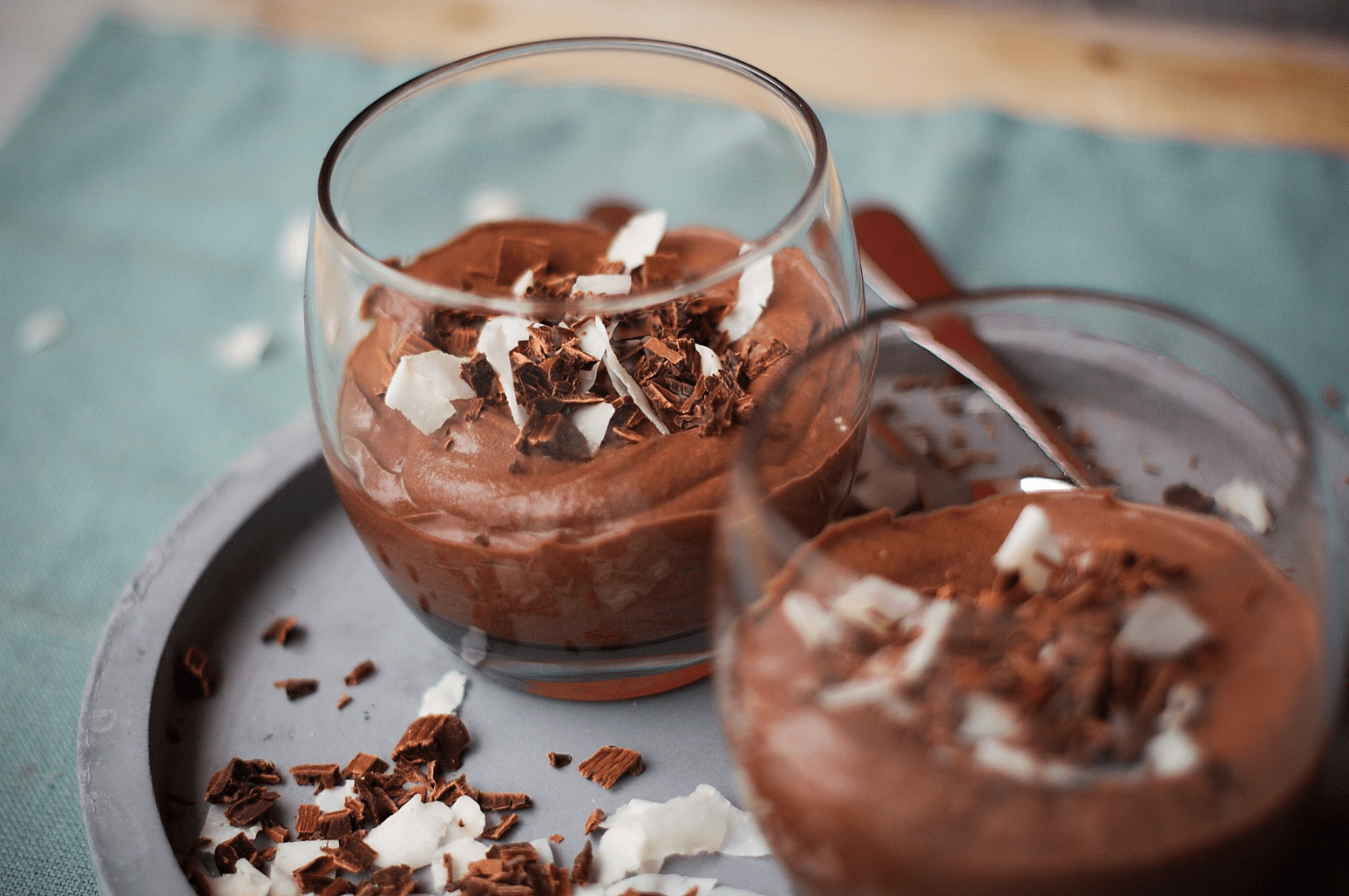
When you leave sugar behind on the keto diet, you might be looking for a suitable replacement. You can choose from a number of keto-friendly sweeteners that deliver the sweetness you’re looking for without the blood sugar spike that usually comes along with it. A low-carb sweet treat made with a keto sweetener can satisfy your cravings and keep you in ketosis.
You might have heard of keto sweeteners erythritol and sucralose, but what exactly are they? What’s the difference between the two? This article looks at those two popular keto sweeteners and answers those questions.
What Is Erythritol?
Erythritol is a zero-calorie sugar alcohol with about 60-80% of the sweetness of table sugar. Sugar alcohols have chemical characteristics of both alcohols and sugars. While alcohol is in the name, sugar alcohols don’t contain ethanol, so they’re different from alcoholic beverages like vodka.
Stevia, honey, and monk fruit are derived from more natural sources, whereas erythritol is a man-made artificial sweetener. A Scottish chemist called John Stenhouse first discovered erythritol in 1848. [1] To make erythritol, manufacturers ferment grain products, usually wheat or corn. Erythritol is naturally occurring in certain fruits and fermented foods; however, most erythritol used commercially today is man-made. Manufacturers take glucose, typically from GMO cornstarch, and ferment it with a specific yeast. Organic erythritol can’t be made from GMO sources. [2]
You can’t fully metabolize erythritol in your digestive tract, so the small number of calories doesn’t really count. [3] Erythritol doesn’t spike blood sugar or insulin levels, which makes it a good choice for keto dieters looking to stabilize blood sugar and insulin.
Sugar alcohols like xylitol and erythritol can cause bloating, gas, and digestive discomfort for some people. Because erythritol is mostly absorbed into the bloodstream rather than metabolized in the gut, it tends to cause fewer digestive issues than other sugar alcohols. People who have issues with corn and wheat might avoid erythritol. [4]
While the FDA generally recognized erythritol as safe in 1997, unfortunately, recent research has linked erythritol to heart and health risks. More research is needed, particularly on the long-term safety of erythritol and other artificial sweeteners. [5]
What Is Sucralose?
Sucralose is a zero-calorie artificial sweetener often found in Splenda products. Manufacturers use a chlorinated sucrose derivative and a chemical process to replace three hydrogen-oxygen groups with chlorine atoms. A British scientist accidentally discovered sucralose in 1976 when making an insecticide. The scientist misheard instructions, tasted his creation, and realized it was especially sweet. Sucralose is 400-700 times sweeter than table sugar. Most of the sucralose you ingest isn’t properly absorbed.
Some sucralose products like Splenda also contain dextrose, maltodextrin, and carbohydrates, which ever so slightly raises the calorie count.

While sucralose is generally believed to have little to no effect on blood sugar levels, some studies do show elevated insulin and blood sugar levels and a greater risk of type 2 diabetes and metabolic syndrome. [6] [7] If you’re unsure, you can always test your blood sugar after consuming sucralose.
Sucralose might also cause digestive upset for some people. [8]
Large organizations like the FDA continue to claim that sucralose is safe. An animal study showed that sucralose negatively affected gut bacteria. More research is needed on the long-term effects of sucralose.
What’s the Difference Between Erythritol and Sucralose?
Erythritol and sucralose have some similarities, for example, they’re both essentially zero calories and often used in diet and zero sugar products.
Sucralose and erythritol do have some key differences, such as:
- Erythritol is a natural sweetener occurring in some fruits and fermented foods; however, most commercially used erythritol is now man-made and GMO. Sucralose is an artificial sweetener originally discovered in a lab.
- Erythritol is only 60-80% as sweet as table sugar, whereas sucralose is hundreds of times sweeter than sugar, so you won’t need to use nearly as much to obtain the same sweetness.
- While both sweeteners are believed to be safe for diabetes and people with blood sugar concerns, some studies show that sucralose can elevate insulin and blood sugar levels and increase the risk of type 2 diabetes and metabolic syndrome.
It’s up to you which sweetener you choose to consume. If you have concerns about erythritol or sucralose, you can always choose a more natural option like stevia or monk fruit instead.
References
Cleveland Clinic. This is Why Artificial Sweeteners are Bad for You. Retrieved on September 23rd 2023. Are Artificial Sweeteners Bad for You? – Cleveland Clinic
Cleveland Clinic. Artificial Sweeteners Erythritol Risks. Retrieved on September 23rd 2023. Erythritol Sugar Substitute Uses and Risks – Cleveland Clinic
Hiele, M.l, Ghoos, Y., Rutgeerts, P., & Vantrappen, G. (2007). Metabolism of erythritol in humans: Comparison with glucose and lactitol. British Journal of Nutrition, Metabolism of erythritol in humans: Comparison with glucose and lactitol | British Journal of Nutrition | Cambridge Core
Storey, D., Lee, A., Bornet, F., & Brouns, F. (2007). Gastrointestinal tolerance of erythritol and xylitol ingested in a liquid. European Journal of Clinical Nutrition, DOI: 10.1038/sj.ejcn.1602532
Witkowski, M., Nemet, I., Alamri, H., Wilcox, J., Gupta, N…Hazen, S. L. (2023). The artificial sweetener erythritol and cardiovascular event risk. Nature, The artificial sweetener erythritol and cardiovascular event risk | Nature Medicine
Pepino, M. Y., Tiemann, C. D., Patterson, B. W., Wice, B. M., & Klein, S. (2013). Sucralose affects glycemic and hormonal responses to an oral glucose load. Diabetes Care, https://doi.org/10.2337/dc12-2221
Nettleton, J. A., Lutsey, P. L., Wang, Y., Lima, J. A., Michos, E. D., & Jacobs Jr, D. R. (2009). Diet soda intake and risk of incident metabolic syndrome and type 2 diabetes in the multi-ethnic study of atherosclerosis (MESA). Diabetes Care, DOI: 10.2337/dc08-1799
Qin, X. (2011). What made Canada become a country with the highest incidence of inflammatory bowel disease: Could sucralose be the culprit? Can J Gastroenterol, DOI: 10.1155/2011/451036









